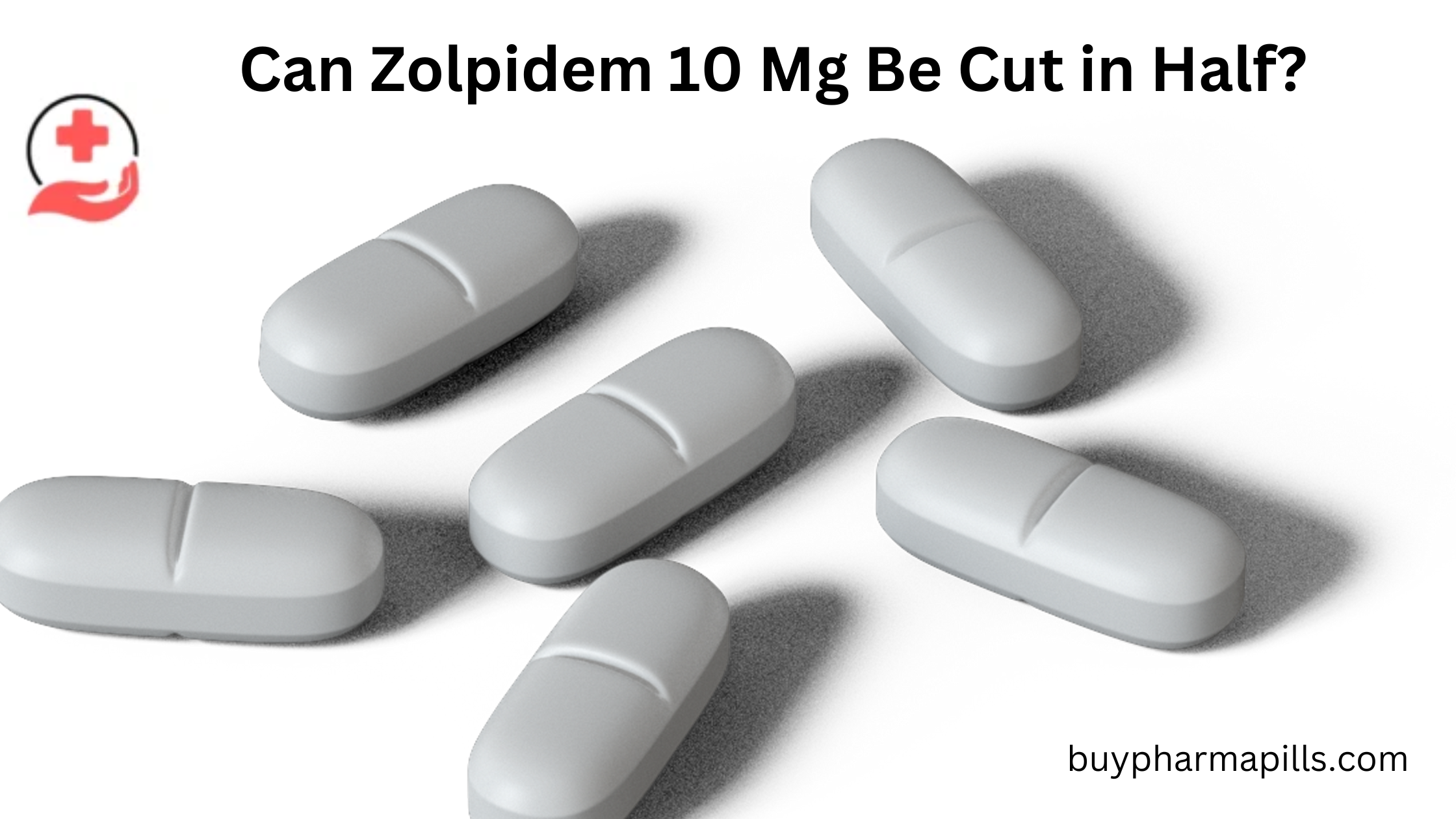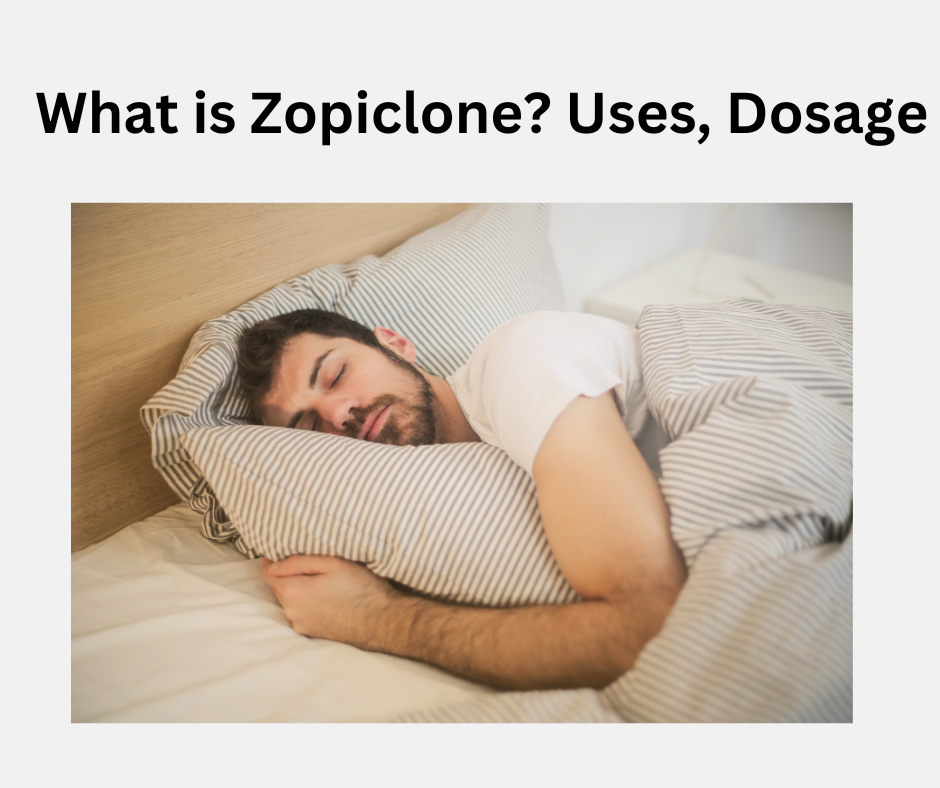Zolpidem, commonly known by its brand name Ambien, is a sedative-hypnotic medication prescribed for the short-term treatment of insomnia. While it is effective for promoting sleep, there are concerns about its potential for addiction and dependence. Zolpidem works by enhancing the effects of gamma-aminobutyric acid (GABA), a neurotransmitter that inhibits brain activity, leading to sedation and relaxation.
Addiction to zolpidem can occur, especially if the medication is taken for extended periods or in higher doses than prescribed. Individuals may develop tolerance, requiring larger amounts to achieve the same sedative effects. Abruptly stopping zolpidem after long-term use can lead to withdrawal symptoms, which may include insomnia, anxiety, and agitation.
Alternatives to Zolpidem
For individuals who find zolpidem too expensive or who prefer not to use it, several alternatives may be effective for managing sleep disorders:
Other Medications: Various prescription medications can help with sleep, including eszopiclone (Lunesta) and ramelteon (Rozerem). These alternatives may have different costs, and discussing options with a healthcare provider can help identify the most suitable choice.
Over-the-Counter Sleep Aids: Non-prescription sleep aids, such as diphenhydramine (Benadryl) and doxylamine, can provide short-term relief for insomnia. While they may be less effective than prescription medications, they are often more affordable.
Lifestyle Changes: Adopting healthy sleep habits, such as maintaining a regular sleep schedule, reducing caffeine and alcohol intake, and creating a relaxing bedtime routine, can help improve sleep quality without the need for medication.
Cognitive Behavioral Therapy for Insomnia (CBT-I): This evidence-based therapy focuses on addressing the underlying causes of insomnia through behavioral changes and cognitive restructuring. It is often more effective long-term than medication and can be a cost-effective alternative.
Natural Supplements: Some individuals find relief from sleep issues through natural supplements such as melatonin, valerian root, or magnesium. These options are generally more affordable but should be discussed with a healthcare provider before use.
Additionally, misuse of zolpidem, such as taking it without a prescription or using it recreationally, increases the risk of developing an addiction. The potential for addictive behaviors is higher in individuals with a history of substance abuse or mental health disorders.
To minimize the risk of addiction, zolpidem is typically prescribed for short-term use, often no longer than two to four weeks. Patients should follow their healthcare provider's guidance and discuss any concerns about dependence or side effects.
Understanding the Cost of Zolpidem Without Insurance
Zolpidem, commonly known by its brand name Ambien, is a medication primarily prescribed for the treatment of insomnia. As a sedative-hypnotic, zolpidem works by affecting certain neurotransmitters in the brain, helping individuals fall asleep faster and maintain sleep throughout the night. While it can be an effective solution for sleep disorders, many patients face the challenge of affording medications without insurance coverage. This article explores the cost of zolpidem without insurance, factors influencing its price, and potential alternatives for those struggling with sleep issues.
Average Cost of Zolpidem
The cost of zolpidem can vary significantly depending on several factors, including the pharmacy, dosage, quantity, and whether a generic version is available. Without insurance, the average price for a 30-day supply of zolpidem (10 mg) ranges from $50 to $150. However, prices can be lower or higher depending on the location and the pharmacy's pricing policies.
Generic vs. Brand Name
One of the primary factors influencing the cost of zolpidem is whether the patient opts for the brand name (Ambien) or the generic version. The generic form of zolpidem is typically less expensive than its brand-name counterpart. Generic medications can cost approximately 30% to 80% less than branded drugs, making them a more affordable option for many patients.
For example, a 30-day supply of generic zolpidem may cost around $30 to $70, while the brand-name Ambien can cost significantly more, sometimes exceeding $150 for the same quantity. Patients are encouraged to discuss with their healthcare provider whether a generic option is suitable for their treatment plan.
Factors Influencing Cost
Several factors contribute to the overall cost of zolpidem:
Pharmacy Pricing: Different pharmacies may have varying prices for the same medication. Chain pharmacies, independent pharmacies, and online pharmacies often have different pricing structures, leading to significant price differences.
Location: The geographical location of the pharmacy can impact drug prices. Urban areas may have higher prices than rural locations due to varying operational costs and market competition.
Dosage and Quantity: The prescribed dosage and the number of pills purchased also affect the overall cost. Higher dosages or larger quantities typically result in higher total costs.
Discount Programs and Coupons: Many pharmacies offer discount programs or accept manufacturer coupons, which can lower the out-of-pocket cost for patients. Websites and apps that aggregate prescription discounts may also provide significant savings.
Patient Assistance Programs: Pharmaceutical companies often have assistance programs for individuals without insurance or those who face financial hardship. These programs may offer zolpidem at reduced costs or provide it free for eligible patients.
Alternatives to Zolpidem
For individuals who find zolpidem too expensive or who prefer not to use it, several alternatives may be effective for managing sleep disorders:
Other Medications: Various prescription medications can help with sleep, including eszopiclone (Lunesta) and ramelteon (Rozerem). These alternatives may have different costs, and discussing options with a healthcare provider can help identify the most suitable choice.
Over-the-Counter Sleep Aids: Non-prescription sleep aids, such as diphenhydramine (Benadryl) and doxylamine, can provide short-term relief for insomnia. While they may be less effective than prescription medications, they are often more affordable.
Lifestyle Changes: Adopting healthy sleep habits, such as maintaining a regular sleep schedule, reducing caffeine and alcohol intake, and creating a relaxing bedtime routine, can help improve sleep quality without the need for medication.
Cognitive Behavioral Therapy for Insomnia (CBT-I): This evidence-based therapy focuses on addressing the underlying causes of insomnia through behavioral changes and cognitive restructuring. It is often more effective long-term than medication and can be a cost-effective alternative.
Natural Supplements: Some individuals find relief from sleep issues through natural supplements such as melatonin, valerian root, or magnesium. These options are generally more affordable but should be discussed with a healthcare provider before use.
Conclusion
Navigating the cost of zolpidem without insurance can be challenging, but understanding the pricing dynamics and exploring alternative options can help manage expenses. The average price for zolpidem ranges from $30 to $150, depending on various factors such as pharmacy pricing, location, and whether a generic version is chosen. Patients should consider discussing with their healthcare provider about using generic zolpidem for sleep and inquire about patient assistance programs and discounts to reduce costs.
For individuals struggling with sleep disorders, zolpidem can be a viable option, but it’s essential to weigh the costs and benefits. Exploring lifestyle changes, over-the-counter alternatives, and cognitive behavioral therapy may provide effective solutions for sleep issues without the financial burden of prescription medications. Ultimately, addressing sleep problems is crucial for overall health and well-being, and patients are encouraged to seek professional guidance to find the best approach for their unique needs.
 Don't let your content be flagged with AI Detectors - use a Free AI Humanizer
Don't let your content be flagged with AI Detectors - use a Free AI Humanizer
 Don't let your content be flagged with AI Detectors - use a Free AI Humanizer
Don't let your content be flagged with AI Detectors - use a Free AI Humanizer

















